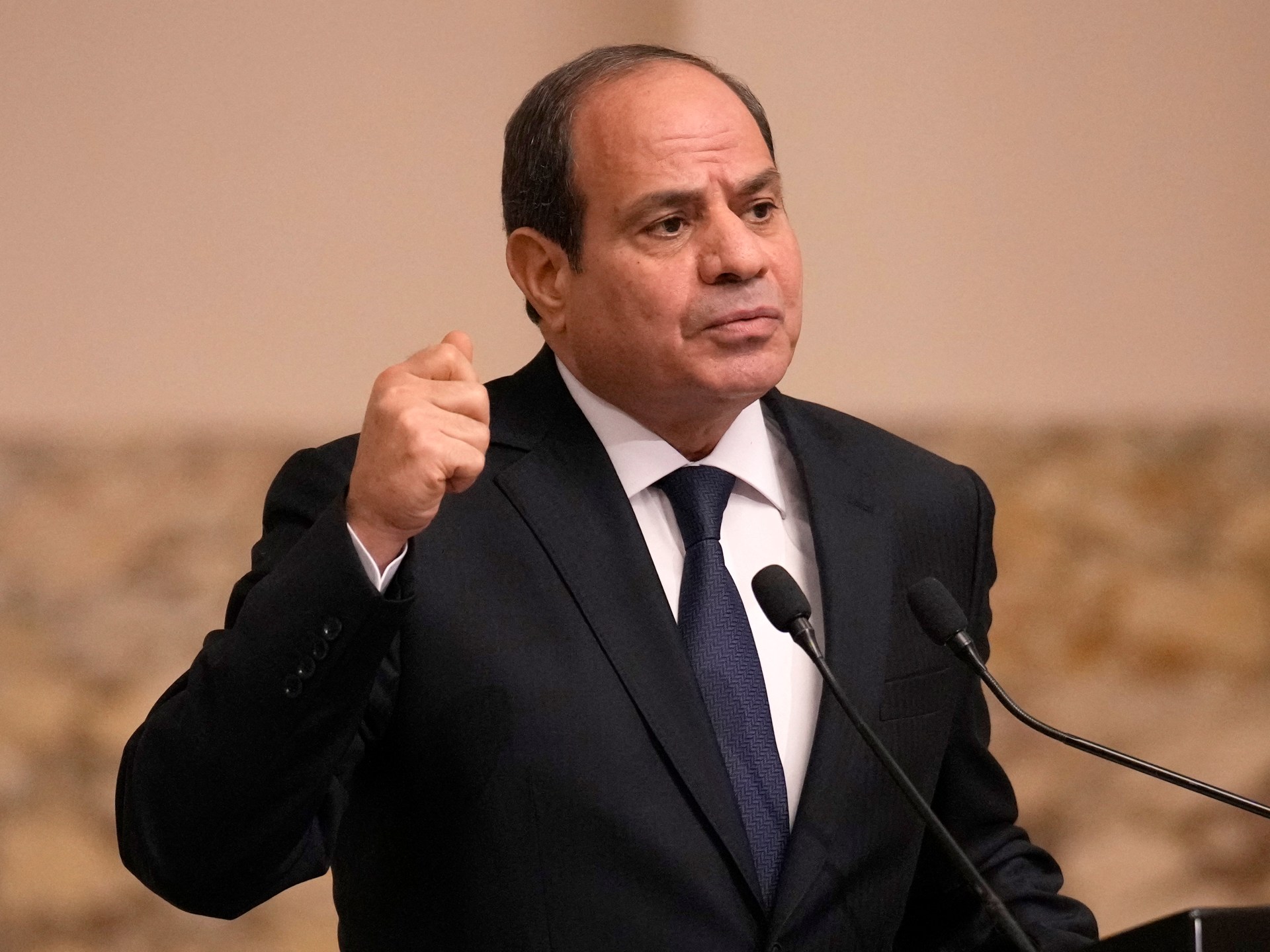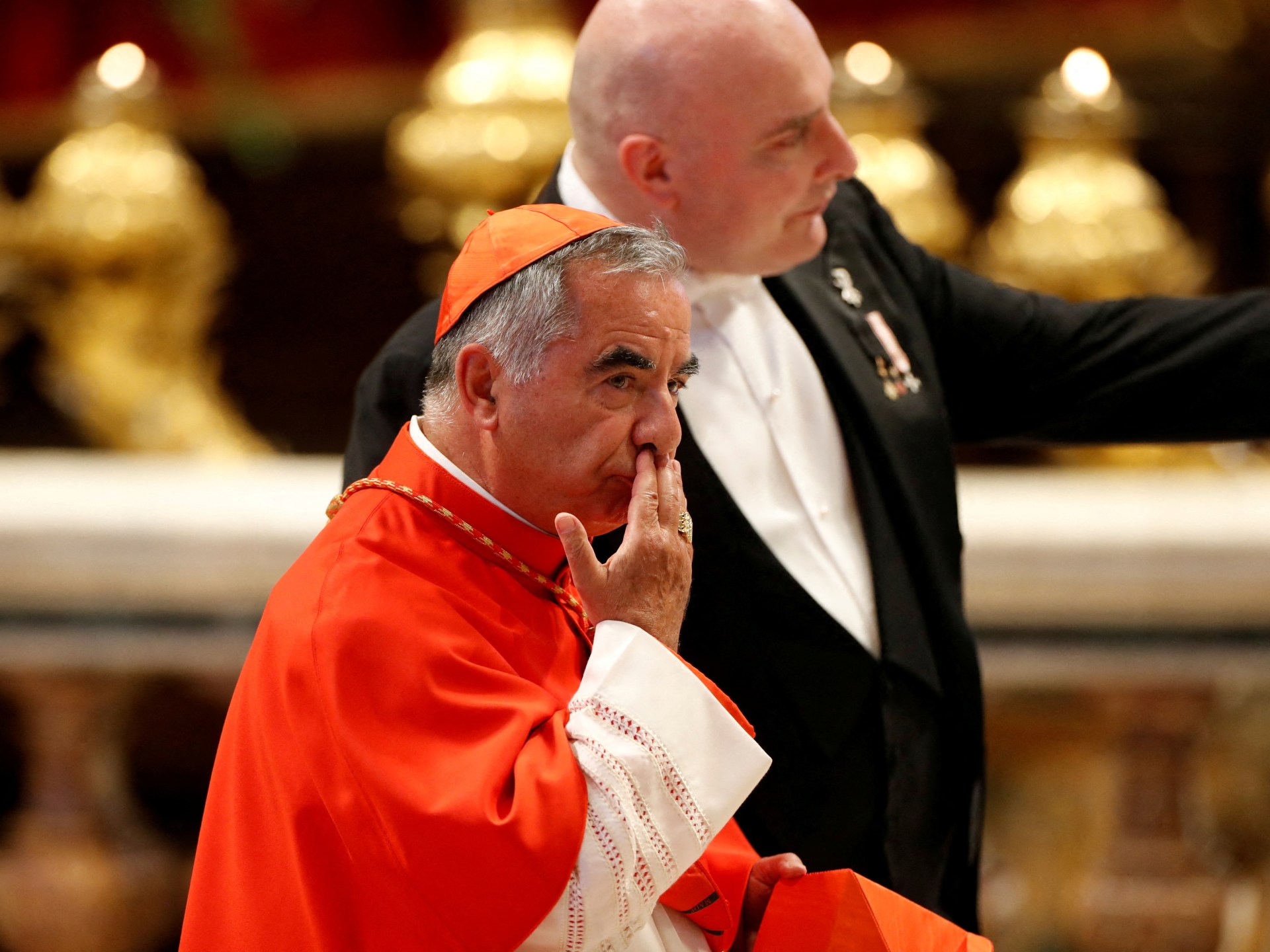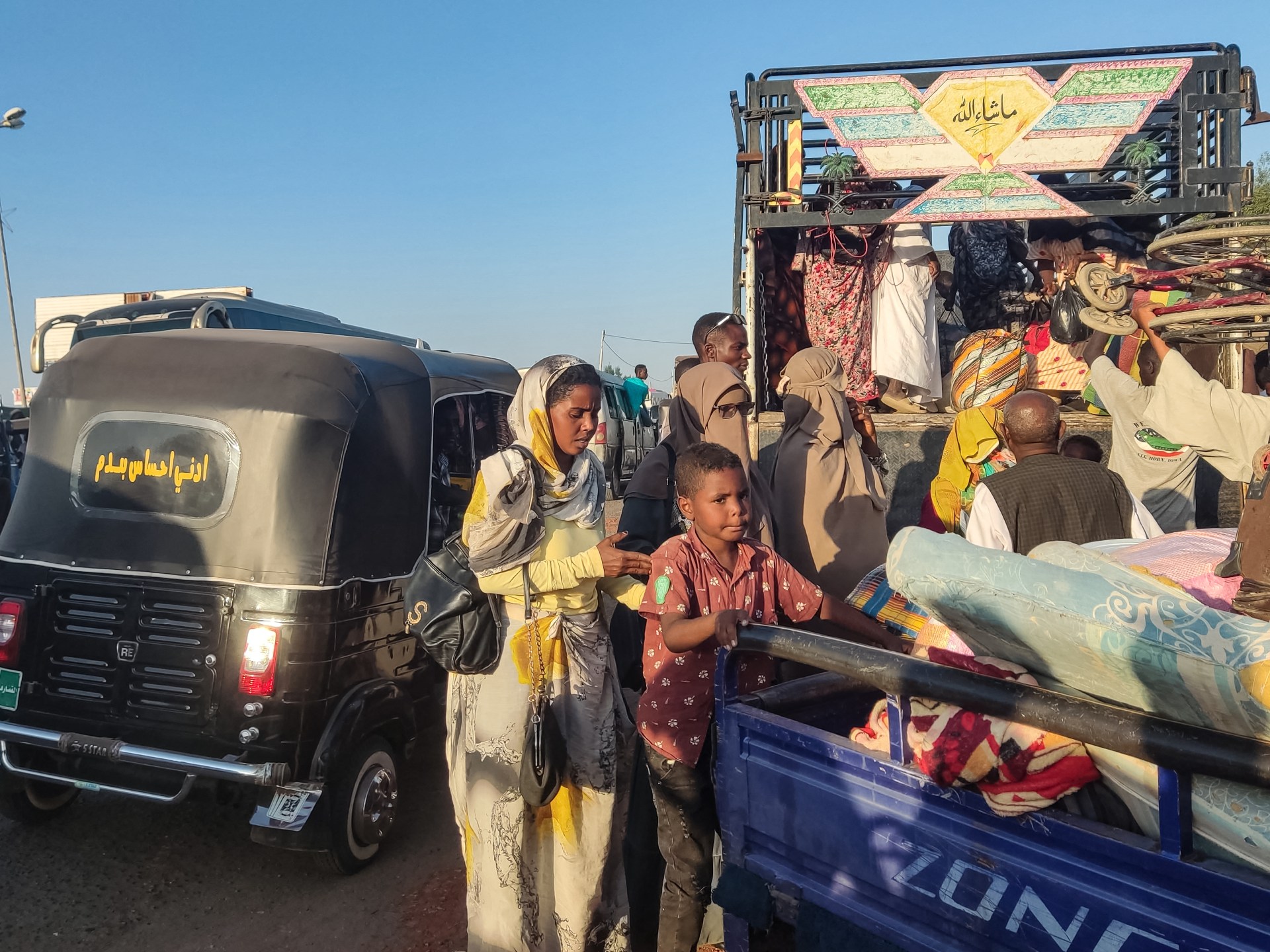
El-Sisi’s comments come amid a dispute between Somalia and Ethiopia over its agreement with Somaliland.
Egypt’s President Abdel Fattah el-Sisi said Cairo stands shoulder to shoulder with Somalia and criticized Ethiopia’s agreement with Somaliland to gain access to the sea and establish a naval base.
“Egypt will not allow anyone to threaten Somalia or affect its security,” el-Sisi said at a news conference with visiting Somali President Hassan Sheikh Mohamud.
“Do not put Egypt on trial or try to threaten its brothers, especially when they ask it to intervene,” he said.
Somaliland, a region strategically located on the Gulf of Aden, broke away from Somalia in 1991 as the country descended into civil war. The region has retained its own government despite a lack of international recognition.
At January 1stIn a memorandum, Ethiopia said it would consider recognizing Somaliland’s independence in return for port access. It would lease 20 km (12 miles) of coastal land around the port of Berbera on the Gulf of Aden for 50 years for military and commercial use.
Ethiopia’s current main port for sea exports is in neighboring Djibouti.
Sheikh Mohamud, President of Somalia, rejected Calling it a violation of international law, the agreement said: “We will not stand idly by while our sovereignty is compromised.”
He came to Egypt at the weekend to rally support for his government. In addition to meeting with President el-Sisi, he also met with Arab League chief Ahmed Aboul Gheit and Grand Imam of Al-Azhar Mosque Sheikh Ahmed al-Tayeb.
“My message to Ethiopia is that … trying to seize a piece of land to control it is something that no one will agree to,” el-Sisi said, pointing out that development cooperation was a better strategy.
On Sunday, Ethiopia rejected Egypt’s criticism of the agreement, saying it was simply a trade agreement to secure access to the sea and not an attempt to annex land.
“It is not an annexation or assumption of sovereignty over the territory of a state,” said Redwan Hussien, national security adviser to the Ethiopian prime minister, in a post on X.
Ethiopia’s commitment to peace and security in Somalia has been demonstrated by the blood and sweat of its precious sons and daughters. Ethiopia and Somalia are not only neighbors with a common border, but also brotherly nations with a common language, culture and people.
– Redwan Hussien (@RedwanHussien) January 21, 2024
Relations between Egypt and Ethiopia have been strained for years over a large dam Ethiopia built on the Blue Nile.
For more than a decade, the two countries – along with Sudan – have been trying to reach a negotiated agreement on filling and operating the $4 billion Grand Ethiopian Renaissance Dam.
The latest round of negotiations last month ended without an agreement, with Cairo and Addis Ababa trading blame for the failure.
Negotiators say key questions remain about how much water Ethiopia will release downstream if it experiences a multiyear drought and how the countries will resolve future disputes.






Recent Comments